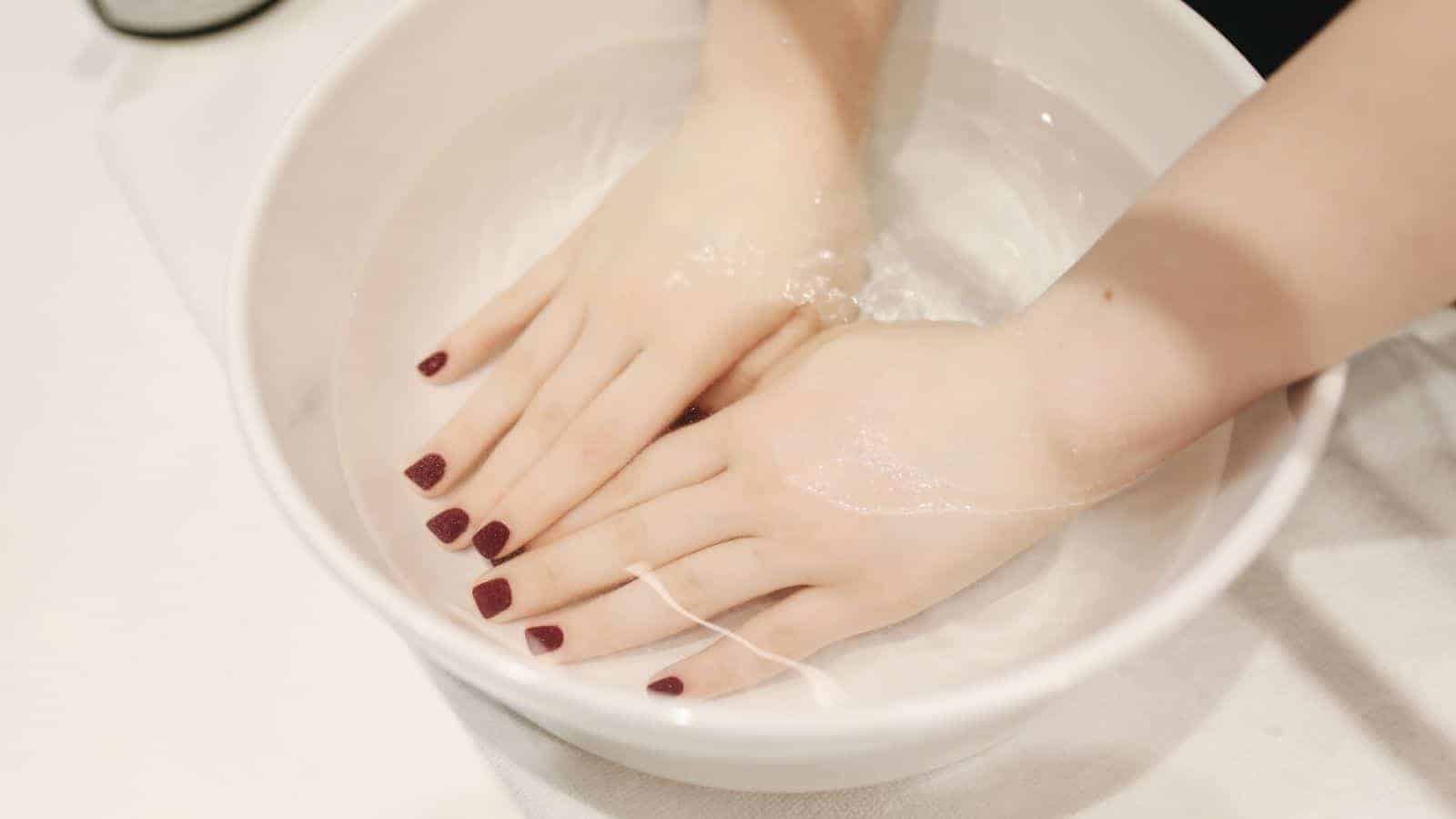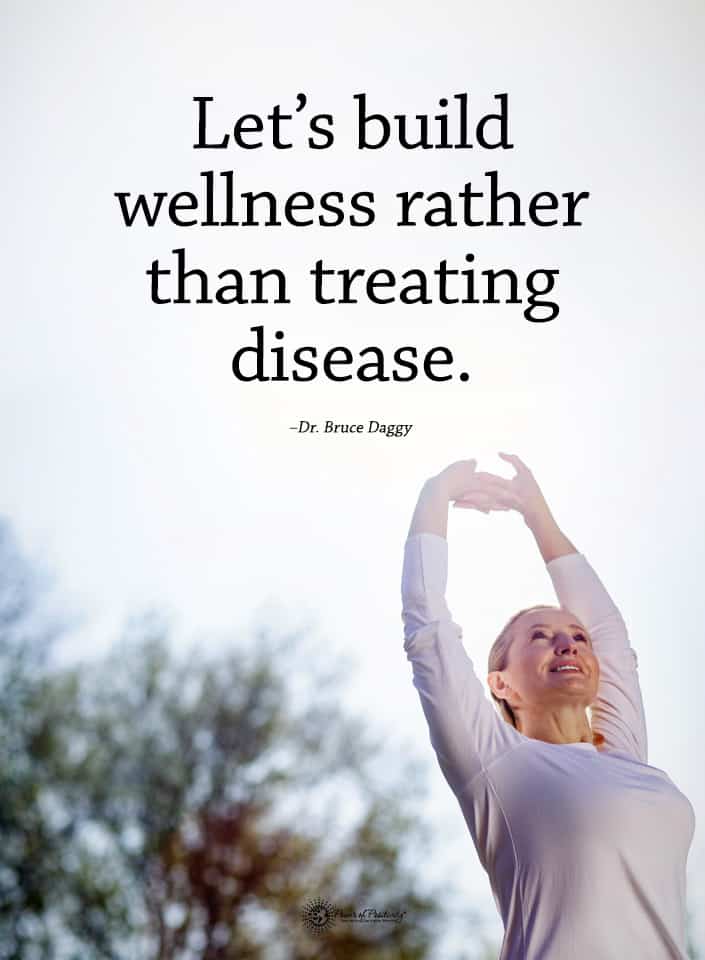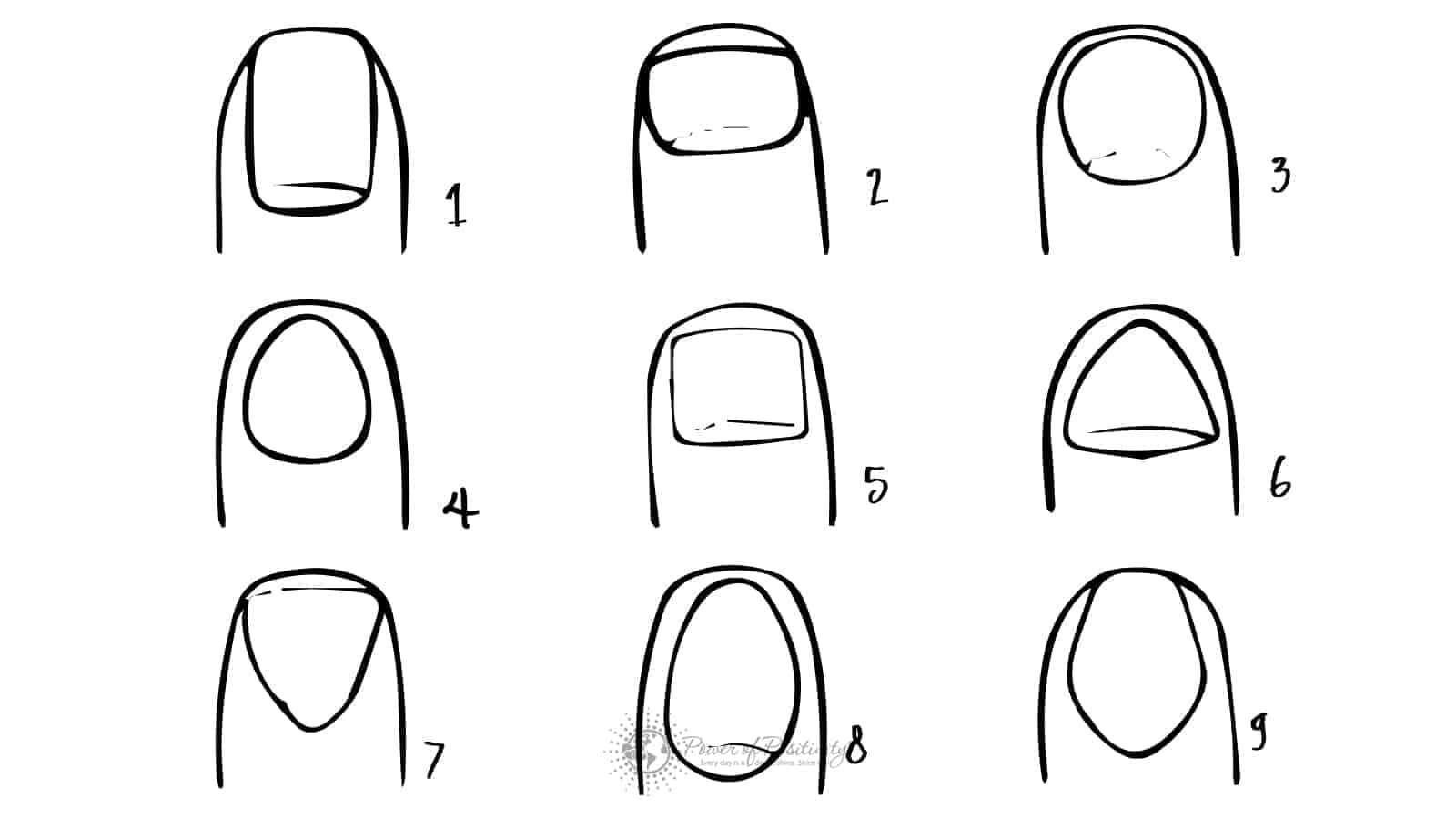Properly caring for your fingernails is a simple thing you can do to improve your appearance. You don’t have to go to a nail shop to maintain healthy nails. Proper nail care at home can enhance the look of your nails and support cuticle health, too.
Nails are made of keratin, which is a fibrous protein. You can improve nail and hand health by eating healthier and keeping nails neat and clean.
This article will focus on practical things you can do at home to optimize cuticle health. You will also learn some tips for obtaining healthier hands.
Ten Ways for Healthier, Stronger Fingernails (from the comfort of home)
You can skip the time and money you spend at the salon by caring for your nails at home. Here are some tips.
1. Trim Nails Neatly for Healthy Hands
Neatly trimmed nails are attractive. They also show others that you care enough about your appearance to stay well-groomed.
However, according to the Centers for Disease Control, it’s essential to keep nails trimmed for health reasons, too. Your fingernails can house germs, dirt, and bacteria.
If you wear your nails too long, you run the risk of spreading diseases from your nails to your mouth whenever you eat or touch your face or mouth. Long nails can also spread germs from one person to another.
2. Avoid Synthetic Nails
Gel manicures make nails look shiny and pretty. If you are choosing between acrylics or gel, gel manicure is long-lasting and doesn’t require much maintenance.
However, according to the American Academy of Dermatologists, gel nails can cause long-term damage to your nails. Constant use of gel nails could raise your risk of skin cancer and cause your hands to age prematurely.
Other side effects of gel nails are as follows:
- Nails become brittle
- Nails may split or crack.
- Peeling nails
Also, allow periods of rest for your nails in between gel manicures. You should also perform essential maintenance on your nails, especially when you’re getting gel manicures.
Here are a few tips if you still choose to wear gel nails from the salon:
- Request that your manicurist sterilizes all equipment.
- Do not allow your manicurist to cut or push your cuticles back aggressively. Light pushing of the tissue is okay, but if you feel pain or discomfort, ask your nail tech to stop. Damaged or cut cuticles makes you susceptible to infection.
- Apply sunscreen to your hands before your manicure. SPF 30 or higher helps prevent premature aging, and it reduces the risk of skin cancer.
- Do not peel off your gel polish. Instead, ask your nail technician to have the polish professionally removed.
- While removing gel nail polish, soak just your fingertips in the acetone. Placing your whole hand or entire fingers in acetone can irritate the skin.
- You could use cotton balls dipped in acetone to remove the polish. Press the cotton to the nail only, and then wrap each fingertip in aluminum foil. This wrap ensures that only the nailbed soaks in acetone. Wait about fifteen minutes, then peel off the foil.
3. Take a Break from Nail Polish
The right nail color can brighten up any outfit or fit perfectly with a particular season of the year. However, wearing nail polish all of the time can weaken your nails and jeopardize your healthy hands.
When changing your nail color, you should choose an acetone-free polish remover. You should also go through periods of several weeks in which you don’t use nail polish. This break gives your nails time to heal and strengthen.
4. Don’t Abuse Your Nails
Some people make a habit of doing difficult tasks with their nails. They may use their fingernails to pry open bottles. Some people also use their fingernails to scrape food off of plates when washing dishes.
Doing these tasks with your nails can cause them to become weak and brittle. When nails are weak, they split and sometimes crack. Rather than using your nails to pry into something, either use your hands or use a tool designed for the task.
5. Don’t Neglect Your Cuticle Health
The tissue of your cuticles can become dry and flaky, just like the skin on other areas of your body. Dry skin is especially common in cold climates. Still, regardless of where you live, you should be mindful of your cuticles. Do the following:
- Rub a regular skin moisturizer on your cuticles daily
- Do not cut your cuticles off. Doing so can damage your nails or allow harmful bacteria to infect nails.
- Use an acetone-free nail polish remover on your fingernails.
You should also wear gloves when doing household chores. For instance, exposing your nails and cuticles to water while washing dishes can dry out your hands. This habit makes your nails and cuticles more susceptible to breaking and flaking.
6. Eat a Diet Rich in Vitamins and Minerals
A diet rich in healthy fat, calcium, and protein can help support healthy nails. Lean proteins you to try include the following:
- Turkey
- Chicken
- Salmon
- Fish
- Shrimp
- Beans
- Soy products
- Plant-based proteins
To increase your calcium intake healthily, eat the following:
- Greek yogurt
- Milk
- Cottage cheese
To get healthier fingernails, you could also try increasing your intake of healthy fats. Healthy sources of fat include almonds, canola oil, and olive oil.
7. Don’t Bite Your Nails
According to the American Academy of Dermatologists, there are several side effects of nail-biting. For instance, constant nail biting can damage nail tissue and cause nail soreness. Nail-biting also makes nails look unsightly and ragged.
When you put your fingers in your mouth, you can also transfer viruses and bacteria from your fingers into your mouth. This habit makes you more susceptible to illness.
8. Inspect Your Nails for Signs of Infection
Nail fungus is a common problem. It’s more common on toenails because fungus lives better in warm, dark places. However, some people get nail fungus on fingernails, too. To properly care for your nails, be aware of the signs of nail fungus:
- Yellow or white spots underneath the nails.
- Your nail(s) turn green, black, white, or yellow.
- Nails become thicker, making them harder to cut or trim.
- Nails curl upward or downward.
- Nails crumble when you touch them.
- Nails become brittle and break easily.
If you have nail fungus, over time, you may notice soreness in your nails. In severe cases, a person may wince when walking due to nail fungus pain. Some people are disgusted by the sight of fungus.
There are several things you can do to reduce your risk of getting nail fungus. Consider the following guidelines:
- Only have your nails done at state-certified nail shops. Always ask what the nail salon does to sterilize the equipment.
- Change your socks daily, especially if you sweat a lot.
- Do not cut or tear away cuticles. Doing so can let germs into your skin.
- Do not share towels or nail equipment with anyone who has nail fungus. This practice may spread the infection.
If you do develop nail fungus, you can often treat it at home. Ask your pharmacist to recommend a fungal cream or lotion.
9. Keep Your Nails Clean
Whenever you wash your hands, you should also be sure to clean your nails. Scrub underneath the fingernails to remove dirt and grime. Dry your hands and nails carefully. Be aware that soaking your hands in water causes nails to become brittle.
10. Don’t Bite Your Nails
Nail-biting is considered a nasty habit for some people. It spreads germs to your mouth. Nail-biting also allows you to spread bacteria from your mouth to others when you touch them.
Aside from being an unpleasant habit, nail-biting comes across as a nervous habit. Some people will judge you as being anxious or dishonest based on fidgeting or biting the nails. Constant nail-biting may send the wrong message when you’re being watched closely, such as during a job interview.
Aside from making you appear nervous, nail-biting also makes your nails look ragged and ugly. You can damage your nail bed, too. Your fingertips might even become sore if you bite your nails too close to the skin.
While experts at the Mayo Clinic do not think nail biting can cause long-term nail damage, it can have short-term effects. For instance, it can damage the skin around the nail, which increases your risk of getting an infection. If your nails are hard and you bite heavily on them, you can also run the risk of damaging tooth enamel.
 Final Thoughts on Maintaining Healthy Fingernails at Home
Final Thoughts on Maintaining Healthy Fingernails at Home
Healthy nails are considered attractive. If you want to make yours as beautiful as possible, keep them clean and neatly trimmed. Do not bite your nails. To prevent nails from chipping, do not use them to pry into items or scrape them across surfaces. Doing these basic maintenance tasks can help you maintain neat and healthy nails.






















